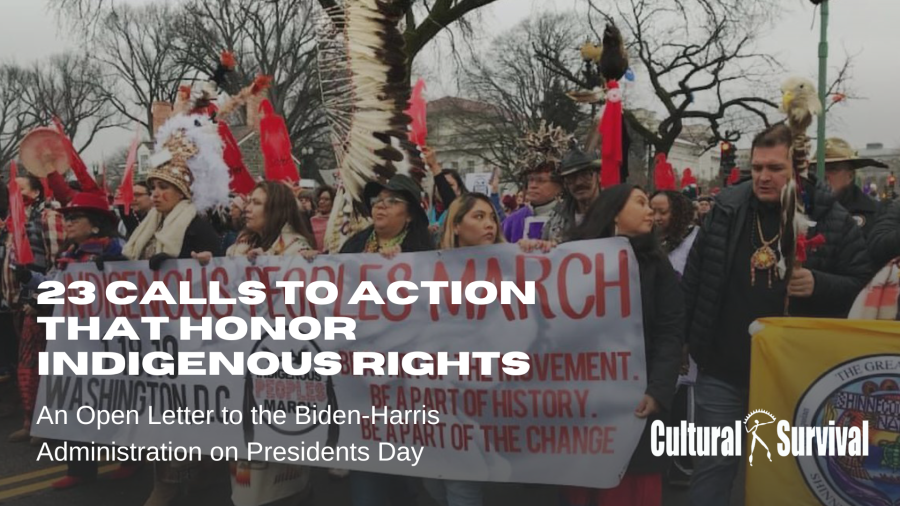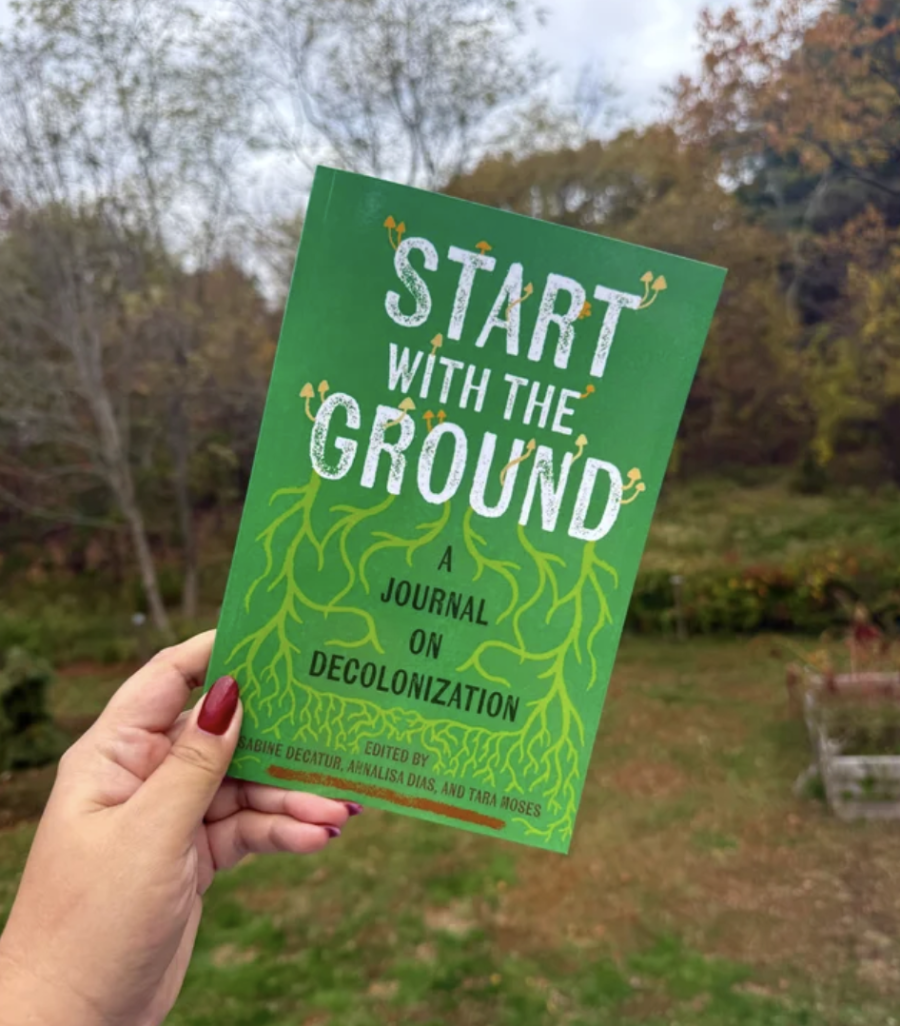Today's individualistic lifestyles are often established around work schedules as people try to obtain a better education, better jobs, and better and more expensive goods. Because education is widely believed to be a fundamental need (for the individual and for the welfare of societies), questions about the source, impact, effectiveness, and the price of knowledge must be addressed in many communities and nations.
As professionals try to answer these questions and set the framework for coming generations, programs and projects in education often maintain the current framework and miss the root causes of problems faced. Fast-paced lifestyles create a vicious cycle of desperation which is difficult to end. Alternative approaches to life, those beginning with education (though not necessarily with schools), are needed. The inclusion of alternative histories and marginalized groups is an essential component of this approach. Crucial to this process is partnership-building.
Looking at the diverse lifestyles and knowledge of neighborhoods and regions around the world, especially those of indigenous peoples, is key to a more balanced and respectful lifestyle. In setting new flameworks aimed at solving the problems of the majority world, it might be helpful to understand the value of indigenous perspectives and visions. Seeking connections between peoples, events, facts, and environments is necessary to achieving more socially and economically just communities.
These concerns were central to Cultural Survival's Fall 2000 Student Conference. While trying to create a platform for partnerships, Connections: Working toward Partnerships with Indigenous Peoples hosted 175 participants from Boston area schools, as well as representatives from the Innu Nation of Sheshatshiu, Labrador, in Canada. Cultural Survival prepared conference participants with film demonstrations, resource books, and workshops. The conference -- with its diverse presentations by schools -- was overwhelmingly successful. The creativity of students and teachers made for an effective and fun learning process.
As each school tried to examine indigenous issues in relation to students' daily life experiences, participants were challenged to examine issues of globalization, stereotyping, oppression, and truth.
- Martha's Vineyard Regional High School raised issues of stereotyping. Students honored the native peoples of the Womponoag nation and those mentioned in the African American heritage trail, and questioned forced removal of groups and nations from the places where they were born and raised.
- The Community Academy of Roxbury examined the struggle and oppression of the Innu Nation through poetry, rap, and drawings. Rap lyrics, which were carried back to Labrador by Innu participants, spoke of oppression and the struggle against oppression, and challenged those who live in peace while others are suffering.
- Cambridge Rindge and Latin shared their activist work in building partnerships and presented an active model of their work with Afghani Refugees in Pakistan; they are trying to raise funds to support women's education there.
- North Reading High School questioned myths of indigenous peoples around the world and challenged accepted "truths."
- Hudson High School shared reflections on their travel to the Amazon in Peru and their experiences with indigenous peoples. A creative sketch presented their view of the increasing monoculture through globalization.
- Austin Preparatory School students looked at issues of ownership and use of natural resources in relation to indigenous peoples, and called for action.
- Buckingham, Browne and Nickols School performed a skit that analyzed knowledge about indigenous peoples and notions of ownership and globalization.
- The Innu Nation representatives shared their views on the importance of partnership-building to overcoming group problems. They challenged the other participants to visit Labrador in order to better understand Innu lifestyle and to experience the Innu way of life.
Connections was a gathering day for groups to meet and share their views and pre-conference research. For the Innu guests, it served as an inter-national exchange, and for some it was the first time out of Labrador. Follow-up activities will continue throughout the year to keep participants connected. Cultural Survival aims to increase participation from area schools and local and international indigenous groups, and hopes to involve students in the planning of the next conference.
While raising awareness on indigenous issues remains an overall goal for these conferences, the participants in Connections demonstrated that issues of conflict, poverty, injustice, and environmental degradation are inter-connected in many parts of the world.
Tshiniskumitinan ninan.
Article copyright Cultural Survival, Inc.



